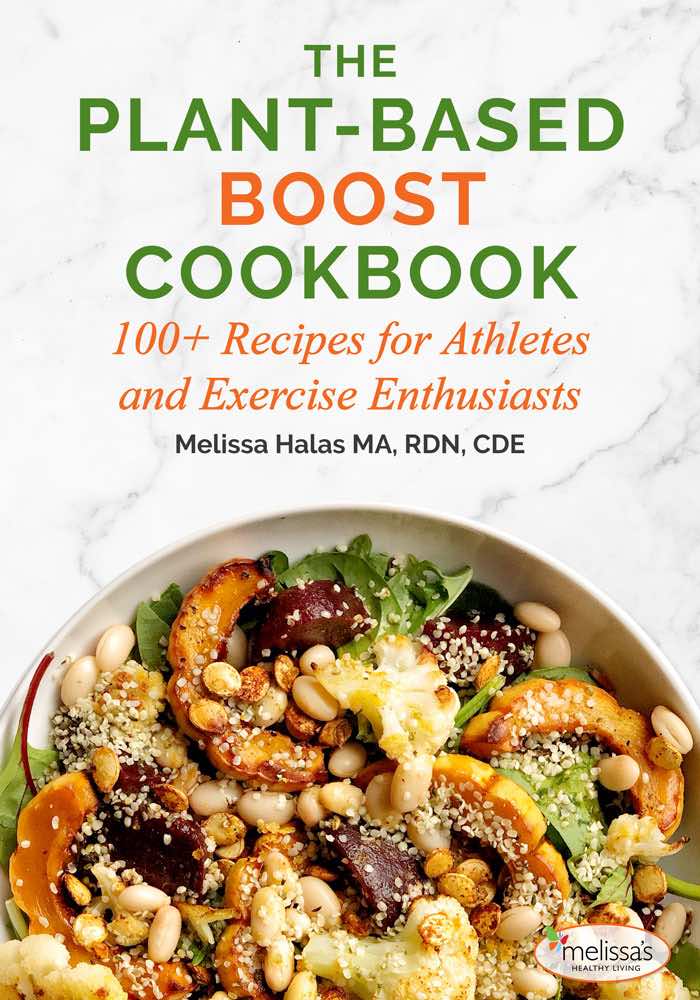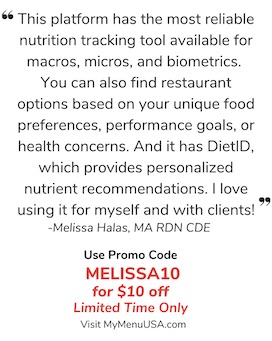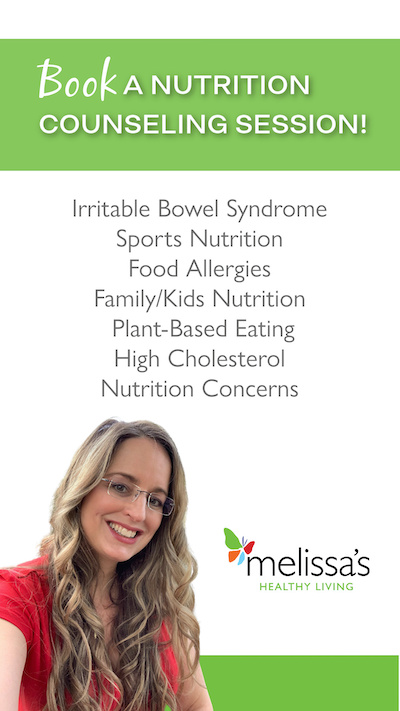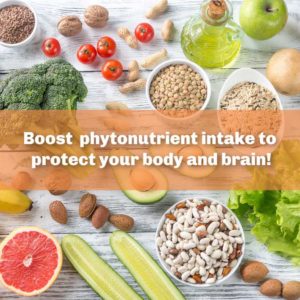
Do you want to help minimize the effects of aging and keep your body and mind strong? Phytonutrients can give you the boost you need for brain health.
Phytonutrients are plant compounds found in all plant-based foods that give foods their color. They contain powerful antioxidants that play a unique role in your body and are important for overall wellness, brain health, and disease prevention.
How do phytonutrients work?
When it comes to anti-aging, longevity, and brain health, we often hear about eating more produce, boosting fiber, exercising, and getting restorative sleep. But eating a variety of phytonutrients is equally valuable. I’ve been referring to phytonutrients as “fight-o-nutrients” since I began teaching functional foods close to twenty years ago. They help fight off disease because of their potent antioxidant activity. These antioxidants:
- protect against cancer
- enhance the immune system
- protect from environmental toxins
- decrease inflammation and soreness (workout much?)
- help promote healthy bacteria in the digestive tract (we all need that!)
The benefits don’t stop there. Phytonutrients can boost your brainpower too, enhancing neuron to neuron communication. I cover phytonutrients in more detail in my new book, The Plant-Based Boost, Nutrition Solutions for Athletes and Exercise Enthusiasts. To get you started, here are a few insights into where and what these plant compound powerhouses do.
- Catechins are a type of flavanol, a group in the phytonutrient family, found in apples, berries, grapes, and teas that protect and preserve brain cell structure. (1)
- Anthocyanins, another group in the phytonutrient family, are found in black rice, blueberries, red cabbage, and cherries and boost cognitive function. You’ve probably heard that blueberries boost memory which is due to the plant compounds in blueberries known as flavonoids (anthocyanins are a type of flavonoid). These flavonoids cross the blood-brain barrier and enhance neuronal connections, improving cellular communication and helping you brain better! Anthocyanins can also help those with asthma. They have been detected in lung tissue and may help decrease inflammation.
The powerful nature of these plant compounds in plant-based foods is a simple example of how diet can play a strong role in healthy aging and brain function. Choose a variety of colors from tasty plant-based foods and don’t leave any behind! I’ll cover more on phytonutrients and their brain benefits in upcoming posts.
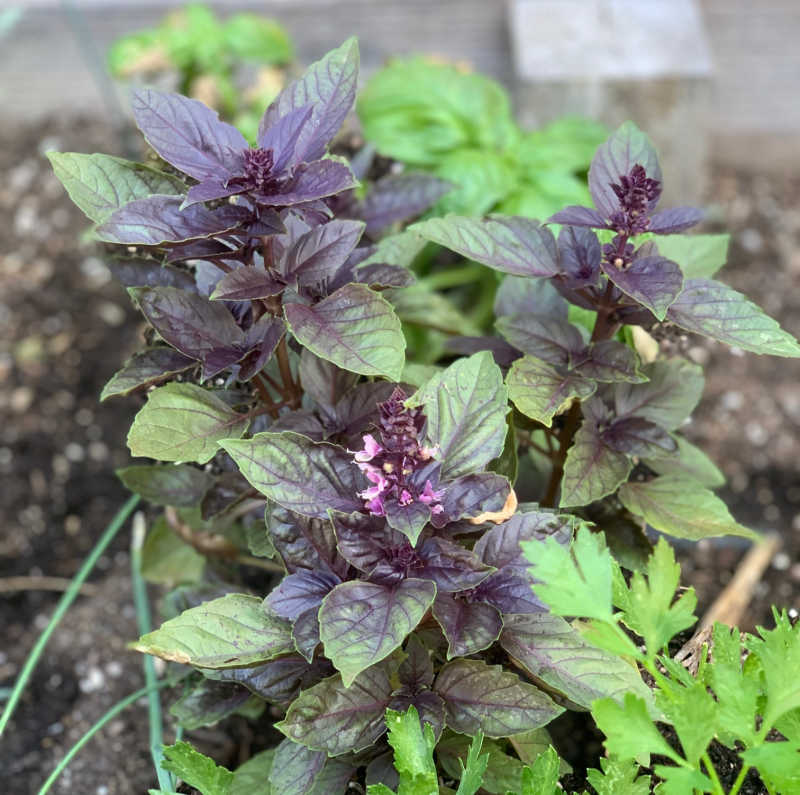 Spice and herb it up to brain better
Spice and herb it up to brain better
I started boosting my intake of herbs and spices in my late twenties because I found myself often repeating to my students, that herbs give the biggest bang for your buck as DNA protectors! I also began growing herbs in a little pot on my apartment porch stoop. Now, over a decade later, I grow a ton of herbs in planters and try to add them to all of my meals.
- Herbs are the leafy portion of plants such as thyme, basil, rosemary, sage, and oregano.
- Spices are harvested from non-leafy parts of the plant and are usually dried. For example, the pepper you sprinkle on your food comes from berries (or peppercorns), ginger comes from roots, and cloves are flower buds.
Herbs and spices have been studied for their benefits in cardiovascular and cancer prevention, type 2 diabetes, osteoarthritis, and lowering the inflammatory process. (2) Herbs and spices can also help with mental health and cognition and aid in the preservation and protection of brain function. We want robust connections between neurons so they can function their best. This will help us process and learn effectively and allow our memories to be stored properly. Phytochemicals in herbs boost neural communication to make this happen.
Basil is loaded with phytonutrients
One herb I really enjoy in a variety of species is basil. Basil is loaded with antioxidants! Two tablespoons of dried basil have two times as many antioxidants as a cup of green grapes, and three times as many as a cup of cooked carrots. It’s easy to grow and add to many dishes! Use pesto instead of butter on top of toast, or add it to bean pasta and salads. (3) Basil doesn’t like full sun, so you can grow it in partial sun or in a pot in your kitchen. If you have a Trader Joe’s nearby, they sell basil plants at a reasonable price. I find Thai basil (the purple basil featured here) to be a bit hardier in the elements, but traditional sweet basil is my favorite. Boosting herbs in your diet is an easy and tasty way to live healthier!
 Nuts and heart & brain health
Nuts and heart & brain health
Nuts are a staple in my diet, and a superfood I recommend for clients to include daily for the beneficial phytonutrients and healthy fats. Here are a few benefits:
- Nuts have been associated with a lower risk of cardiovascular disease in humans. Some types have been shown to slow cancer cell growth in animals. (4)
- Walnuts have the potential for cancer prevention and treatment in mice and may help improve the microbiome. (5)
- New research shows that nut consumption is also positively associated with higher cognitive function. (6)
We’ve come a long way since I taught my first class on functional foods and phytonutrients. Now we’re seeing how these plant compounds are part of an approach to improve memory, focus, and performance. To learn more ways to boost plant-based foods in your diet, check out my new cookbook loaded with phytonutrients, The Plant-Based Boost Cookbook, 100+Recipes for Athletes and Exercise Enthusiasts.
References
- Halas M. (2019) Part 5: Phytonutrients. The Plant-Based Boost Nutrition Solutions for Athletes and Exercise Enthusiasts. 2019
- https://www.ncbi.nlm.nih.gov/pmc/articles/PMC2771684/
- Halvorsen B.L., Carlsen M.H., Phillips. K.M., et al. Content of redox-active compounds (ie, antioxidants) in foods consumed in the United States. American Journal of Clinical Nutrition. 2006; 84:95-135
- Bacarra-Tomás N, Paz-Graniel I, W.C. Kendall C, Kahleova H, Rahelič D et al. Nut consumption and incidence of cardiovascular diseases and cardiovascular disease mortality: a meta-analysis of prospective cohort studies. Nutr Rev. 2019. doi: 10.1093/nutrit/nuz042 AND Hardman, WE.
- Hardman WE. Walnuts have potential for cancer prevention and treatment in mice. The Journal of Nutrition. 2014;144(4 Suppl):555S-560S. doi: 10.3945
- Li M and Shi Z. A prospective association of nut consumption with cognitive function in Chinese adults aged 55+ _ China Health And Nutrition Survey. J Nutr Health Aging. 2019;23(2):211-216
